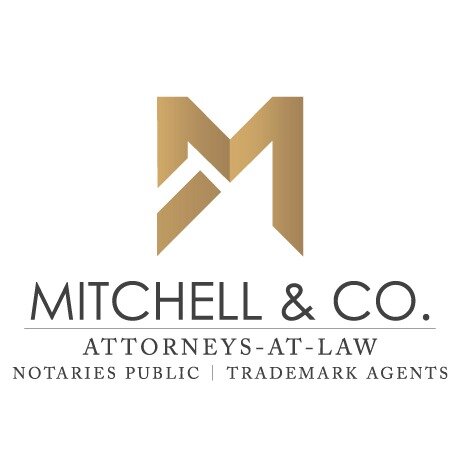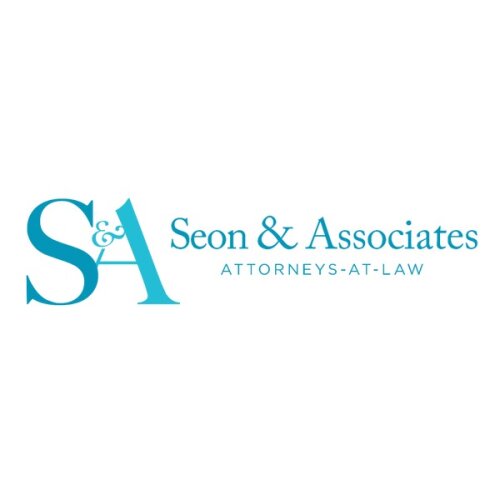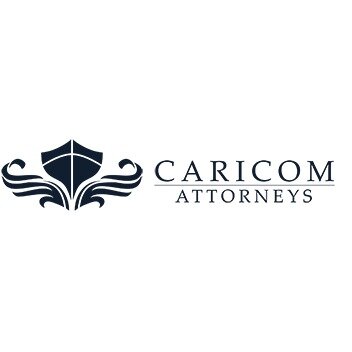Best Intellectual Property Lawyers in Grenada
Share your needs with us, get contacted by law firms.
Free. Takes 2 min.
Or refine your search by selecting a city:
List of the best lawyers in Grenada
About Intellectual Property Law in Grenada
Intellectual Property (IP) in Grenada refers to the legal rights that protect creations of the mind, such as inventions, literary and artistic works, designs, symbols, names, and images used in commerce. IP law in Grenada is designed to promote innovation and creativity by providing legal protections for creators and inventors.
Why You May Need a Lawyer
There are several situations where you may need a lawyer specializing in IP law in Grenada. Some common scenarios include:
- Filing for patents, trademarks, or copyrights
- Enforcing your IP rights against infringement
- Defending against claims of IP infringement
- Negotiating licensing agreements for your IP
Local Laws Overview
In Grenada, the key laws relevant to Intellectual Property include the Patents Act, the Trade Marks Act, the Copyright Act, and the Industrial Designs Act. These laws provide the legal framework for protecting various types of IP rights in the country.
Frequently Asked Questions
1. What is the process for registering a trademark in Grenada?
The process for registering a trademark in Grenada involves filing an application with the Intellectual Property Office and meeting certain requirements such as distinctiveness and non-confusion with existing marks.
2. How long does a patent last in Grenada?
In Grenada, a patent typically lasts for 20 years from the filing date of the application.
3. Can I copyright my creative works in Grenada?
Yes, creative works such as literary, artistic, musical, and dramatic works are automatically protected by copyright in Grenada once they are fixed in a tangible form.
4. What is the difference between a trademark and a patent?
A trademark is a symbol, word, or phrase used to identify and distinguish goods or services, while a patent protects inventions or discoveries.
5. How can I enforce my intellectual property rights in Grenada?
You can enforce your IP rights in Grenada by taking legal action against infringers through civil litigation or by filing complaints with the Intellectual Property Office.
6. Can I license my intellectual property in Grenada?
Yes, you can license your IP rights to others in Grenada through a licensing agreement that outlines the terms and conditions of use.
7. What are the penalties for IP infringement in Grenada?
The penalties for IP infringement in Grenada can include monetary damages, injunctions, and even criminal prosecution in some cases.
8. Do I need a lawyer to file for a patent in Grenada?
While it is not mandatory to have a lawyer to file for a patent in Grenada, having legal representation can help navigate the complex application process and ensure your rights are protected.
9. How can I conduct a trademark search in Grenada?
You can conduct a trademark search in Grenada through the Intellectual Property Office or seek the assistance of a lawyer specializing in IP law to ensure the availability of your desired mark.
10. Can I renew my IP rights in Grenada?
Yes, you can renew your IP rights in Grenada by paying the requisite fees and meeting the renewal deadlines specified by the Intellectual Property Office.
Additional Resources
For more information on Intellectual Property in Grenada, you can visit the official website of the Intellectual Property Office of Grenada or consult with a qualified IP lawyer for legal advice and assistance.
Next Steps
If you require legal assistance in Intellectual Property matters in Grenada, it is recommended to schedule a consultation with a knowledgeable IP lawyer who can assess your specific needs and provide guidance on the appropriate course of action.
Lawzana helps you find the best lawyers and law firms in Grenada through a curated and pre-screened list of qualified legal professionals. Our platform offers rankings and detailed profiles of attorneys and law firms, allowing you to compare based on practice areas, including Intellectual Property, experience, and client feedback.
Each profile includes a description of the firm's areas of practice, client reviews, team members and partners, year of establishment, spoken languages, office locations, contact information, social media presence, and any published articles or resources. Most firms on our platform speak English and are experienced in both local and international legal matters.
Get a quote from top-rated law firms in Grenada — quickly, securely, and without unnecessary hassle.
Disclaimer:
The information provided on this page is for general informational purposes only and does not constitute legal advice. While we strive to ensure the accuracy and relevance of the content, legal information may change over time, and interpretations of the law can vary. You should always consult with a qualified legal professional for advice specific to your situation.
We disclaim all liability for actions taken or not taken based on the content of this page. If you believe any information is incorrect or outdated, please contact us, and we will review and update it where appropriate.
Browse intellectual property law firms by service in Grenada
Grenada Attorneys in related practice areas.
Browse intellectual property law firms by city in Grenada
Refine your search by selecting a city.










